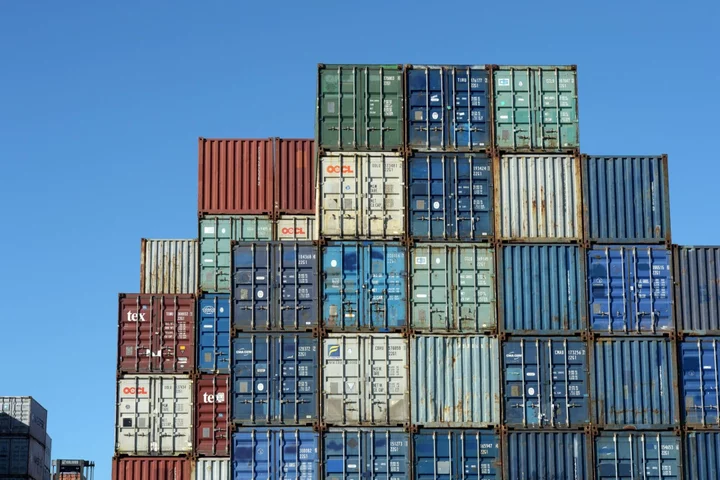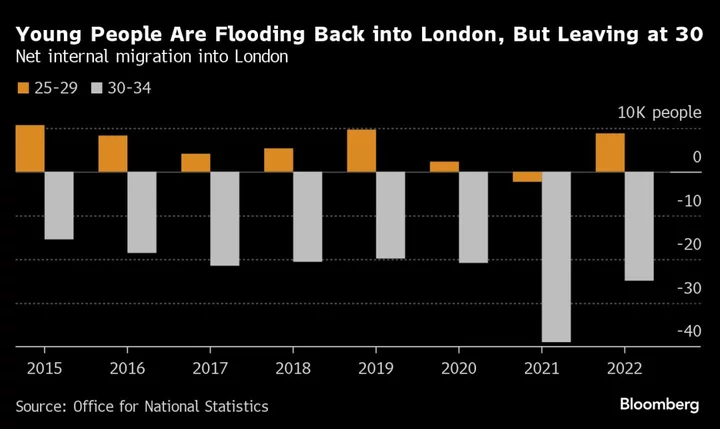Australia’s economy suffered limited damage from punitive trade actions by China, government research found, as Canberra and Beijing try to negotiate an end to tariffs on Australian barley and wine exports.
Relations between Australia and China rapidly deteriorated in 2020 after a call by Canberra for an international investigation into the origins of Covid-19. In response, Beijing placed trade imposts on commodities, including coal, timber and seafood.
New modeling released by Australia’s Productivity Commission found the overall impact of China’s measures was a reduction of just 0.009% in gross domestic product, once new buyers for the sanctioned products were found.
The commission’s report showed Australia’s exports had been “resilient” in the face of the trade actions, with barley and coal in particular rapidly finding new markets. However, the authors recognized that while the economy may have been little affected, individual businesses “paid a heavy price.”
The research comes as Australia and China attempt to improve diplomatic relations, while navigating the trade disruptions, political disagreements and security concerns. Since the election of the center-left Labor government in May 2022, high-level ministerial meetings have resumed between Australia and China while Prime Minister Anthony Albanese has been invited to visit Beijing.
In April, the Chinese government announced it would hold a review into its tariffs on Australian barley, in return for which Canberra suspended its case against Beijing in the World Trade Organization. However, the review is still ongoing and there has been no public announcements on similar moves on wine.
Australian Foreign Minister Penny Wong also recently publicly voiced her disapproval of a decision by Hong Kong’s government to place bounties on pro-democracy activists currently living in Australia.









